Normally, a prime minister should pursue a policies that ensure affordable access to energy, said Prime Minister Viktor Orban during his morning interview on Kossuth Radio. He pointed out that most European leaders, including those in the Czech Republic and Germany, are doing the exact opposite in their efforts to harm Russia, prioritizing that over helping European families.
"They support steps that drive up energy costs for households and businesses," PM Orban stated, adding that
allowing further sanctions would cause serious harm.
According to PM Orban, Ukraine is making demands that would ruin European families, as the European plan aims to block all purchases of gas and oil from Russia.
He recalled that while Ukraine previously guaranteed the delivery of gas and oil, those flows were recently cut off. If the Hungarian government had not built a pipeline network, Hungary would receive no gas and oil, or would be forced to pay astronomical prices, PM Orban pointed out.
Hungary would have to pay an 800 billion forints more annually under the EU plan, the prime minister summarized.
But why are they making Hungarians foot the bill?
He said what’s at stake is the price Hungarian families will pay for electricity and heating—costs that, in his view, would double and quadruple, respectively. If Brussels were willing to shoulder the consequences of its policy and pay the associated costs, negotiations might be possible. However, the government will not allow the burden of war to be placed on Hungarians, PM Orban emphasized.
He recalled that, even before the war, Hungary recognized the need for a pipeline outside of Ukraine due to potential risks. That is why the pipeline to connect Hungary and Slovakia was built. Another decision led to the construction of a southern route through Serbia, Bulgaria, and Turkey. Since the outbreak of the war, it has become clear that Slovakia would not receive gas if the Slovak-Hungarian pipeline had not been built. The southern route required securing Turkiye's cooperation. According to PM Orban, the Turks are bold enough to keep gas flowing despite any Western pressure.
"As Hungary lacks domestic energy sources, we are at the mercy of others,”
PM Orban stated. That is why experts have recommended that MOL and MVM purchase gas fields. Azerbaijan granted them access to a few fields, making them part-owners. While these fields are not in Hungary, they indirectly help ensure the country’s energy supply.
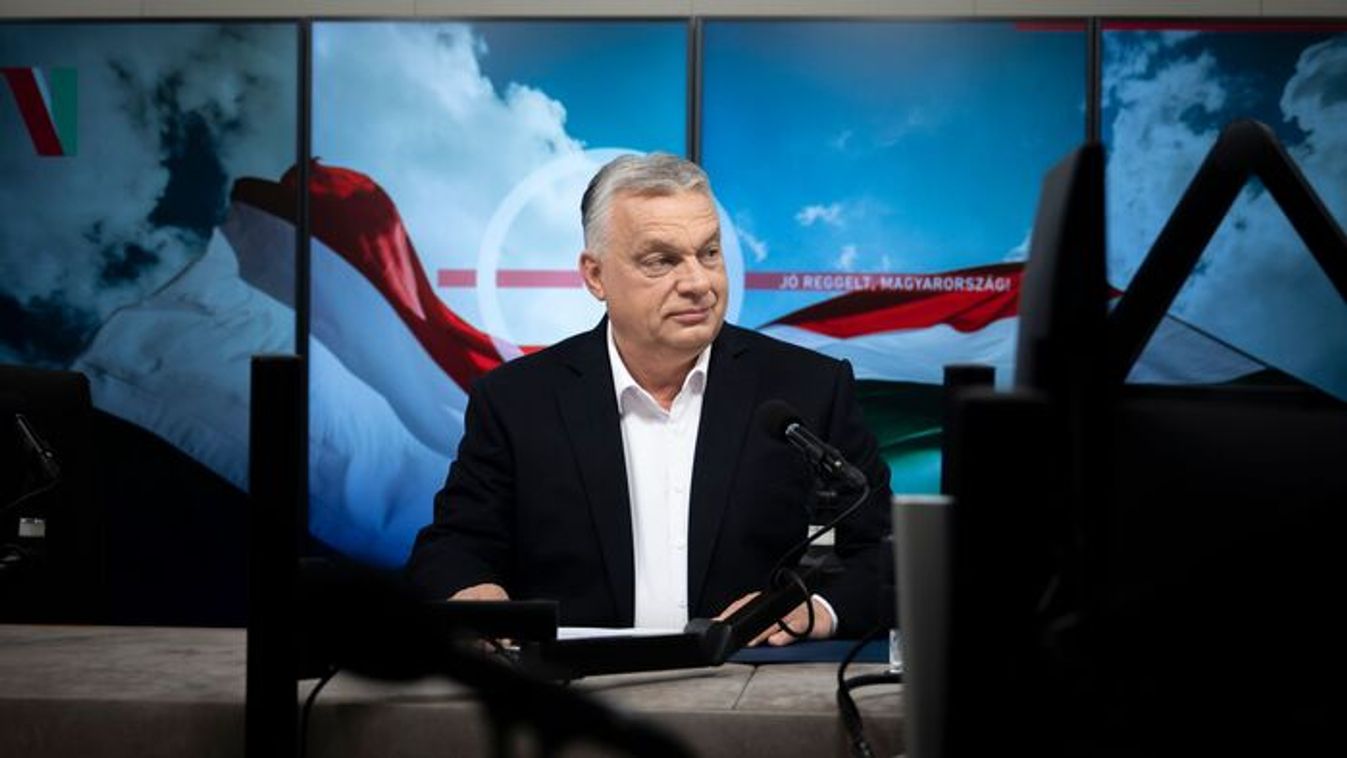
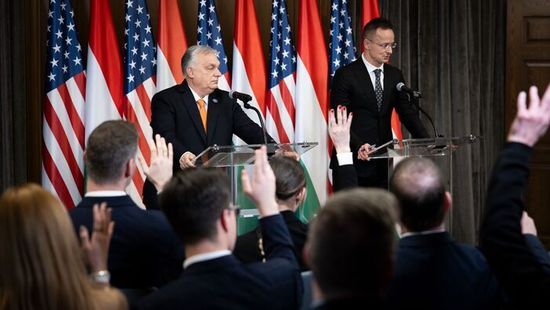
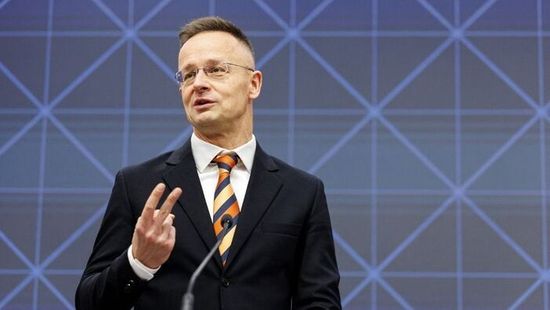
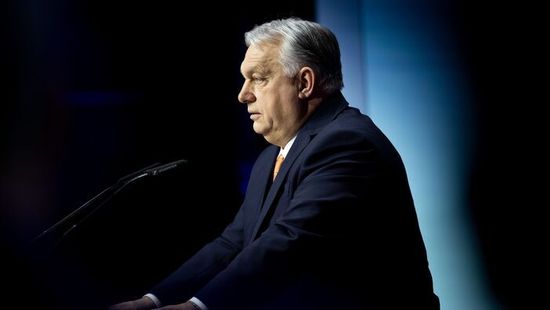
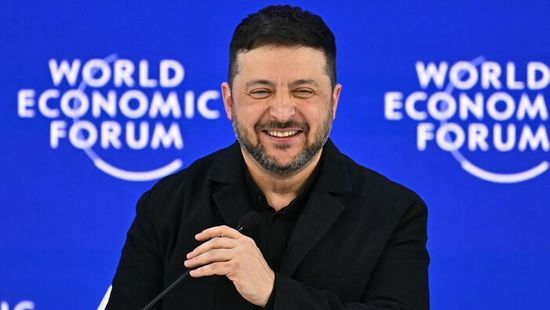

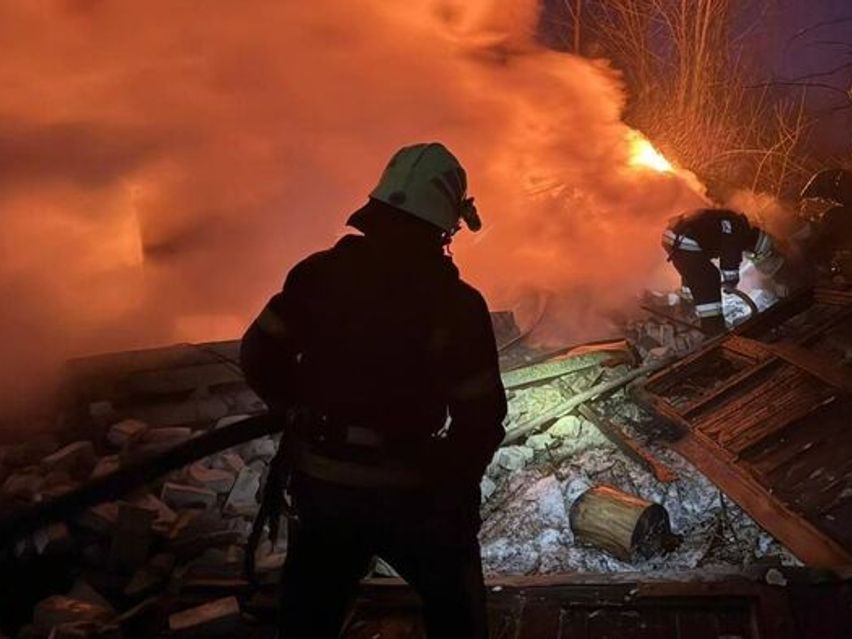
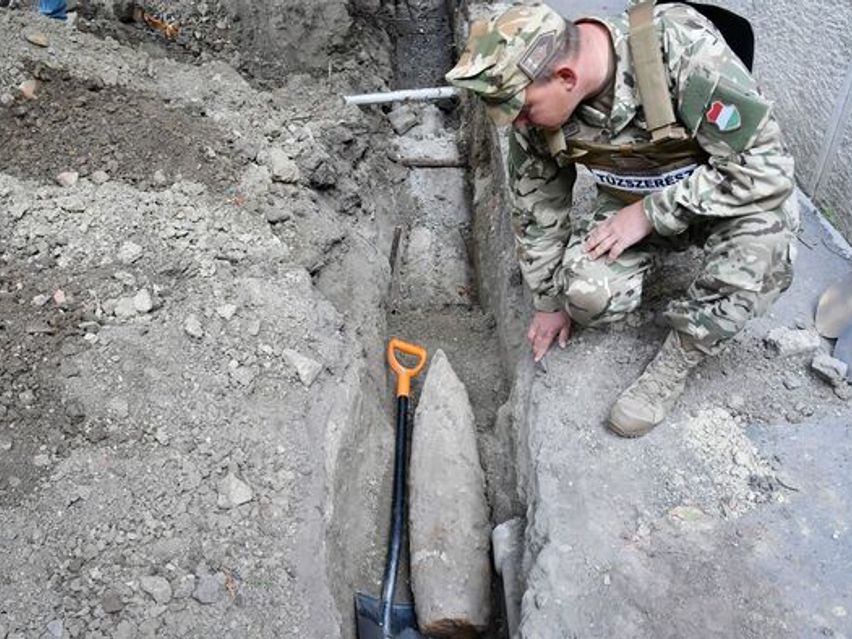
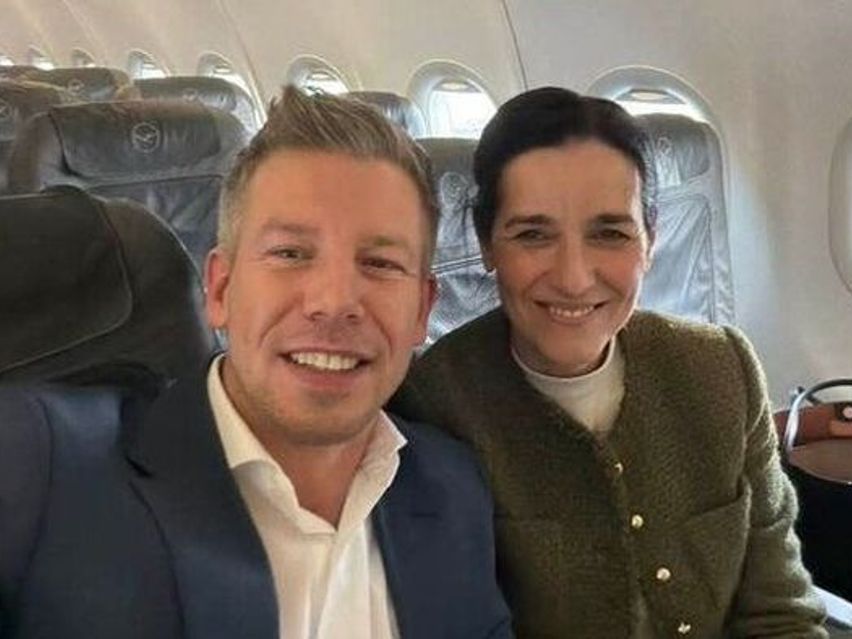


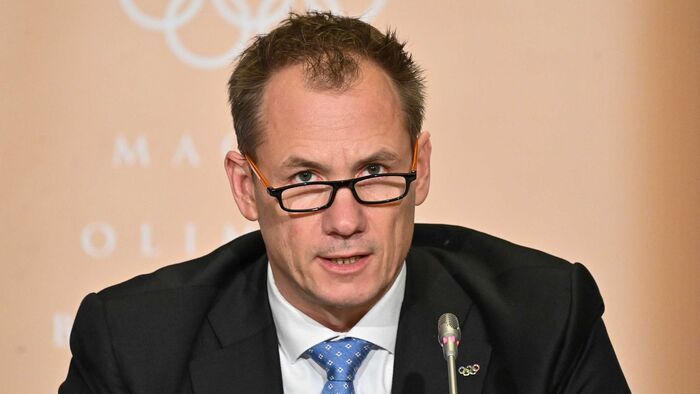
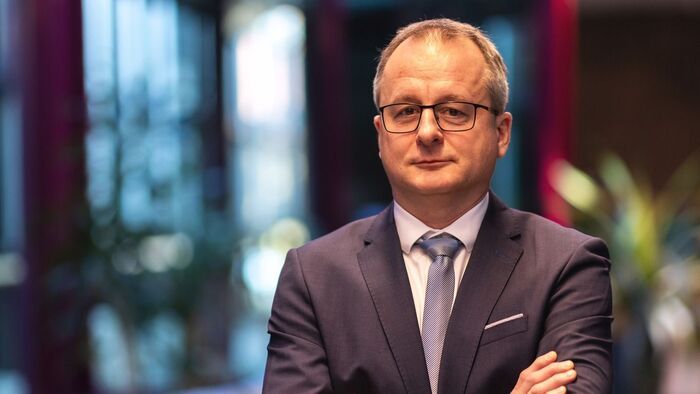



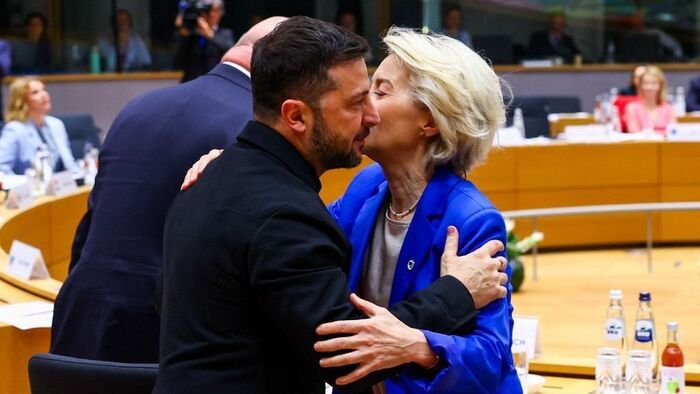
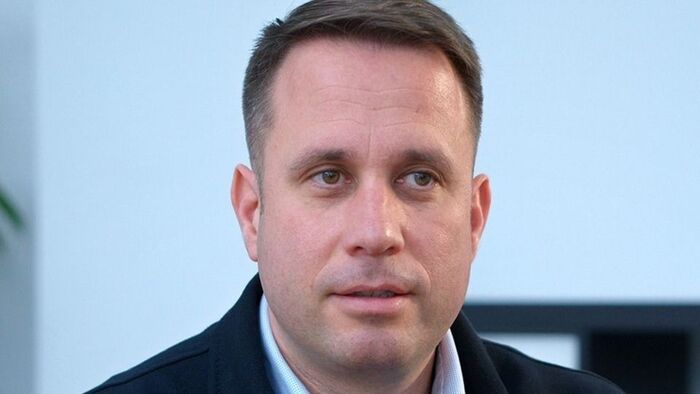

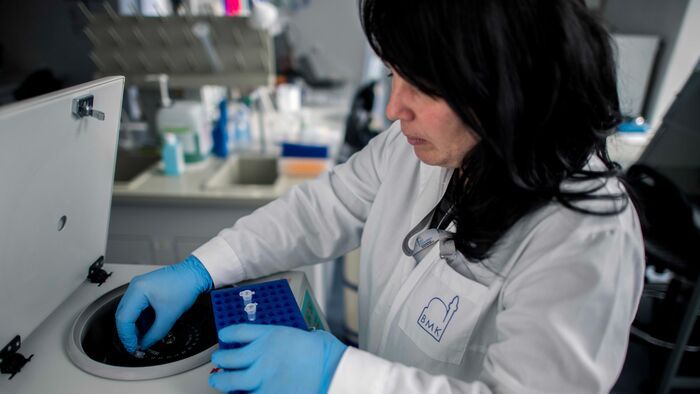
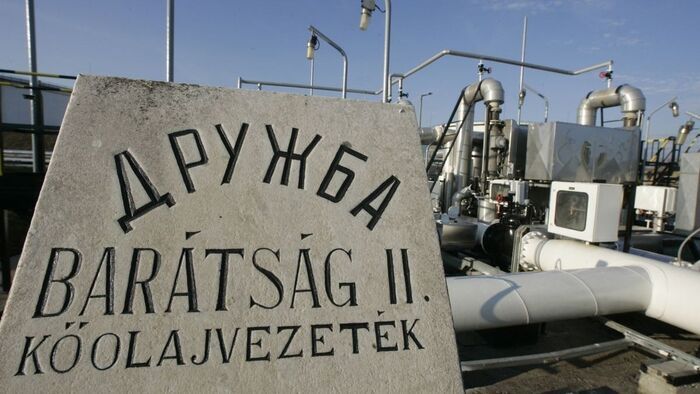


Szóljon hozzá!
Jelenleg csak a hozzászólások egy kis részét látja. Hozzászóláshoz és a további kommentek megtekintéséhez lépjen be, vagy regisztráljon!